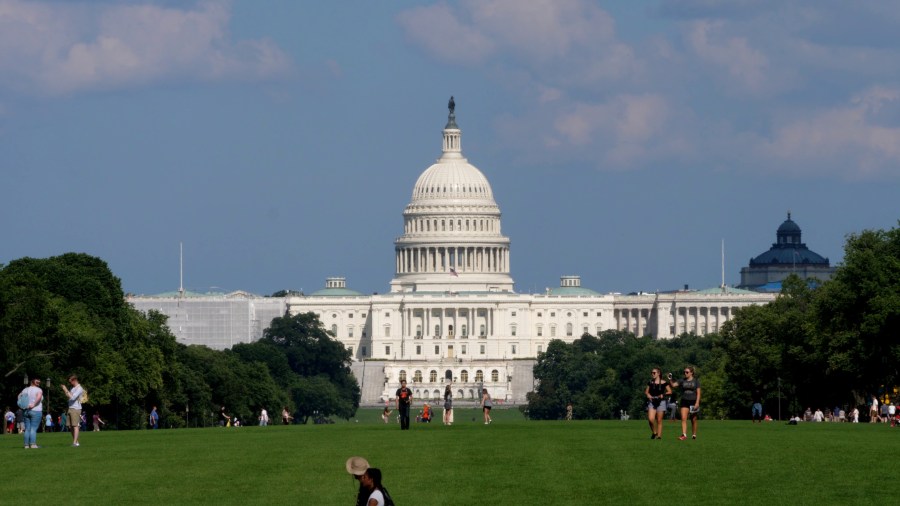HONOLULU (KHON2) — United States Representative Ed Case of Hawaiʻi voted against a federal funding bill that would cut support for small businesses and consumer protections.
The vote came in the House Appropriations Committee on Wednesday, Sept. 3. Case is a member of the committee, which oversees how the government spends money.
Here’s what we know about the bill and Case’s vote.
Funding cuts raised concerns
The Financial Services and General Government Appropriations bill sets funding for the Treasury Department, the Small Business Administration and other agencies. The plan for fiscal year 2026 would provide $23.2 billion. That is $2.9 billion less than 2025’s funding.
“While this measure funds many critical national and local priorities for Hawai‘i that I requested, I regrettably had to vote against this version because of severe funding cuts to programs assisting the some 134,000 small businesses who form the backbone of Hawaii’s economy,” Case said. “These include efforts that aid entrepreneurs, provide mentorship training and expand trade opportunities in the international marketplace.”
He also warned about impacts on consumer safety.
“In addition, the bill slashes funding to agencies that protect the public, such as the Consumer Product Safety Commission, which keeps us safe against unreasonable risks of injury and death associated with defective products,” Case said. “The measure also reduces support for the Federal Trade Commission and the Securities and Exchange Commission, both of which keep us secure from scams, price-gouging and market manipulation.”
Support for community development
Case called for full funding of Community Development Financial Institutions. CDFIs provide loans and services to people and neighborhoods that do not always have access to banks.
In Hawaiʻi, there are 11 certified CDFIs that made 935 loans in 2022 that were worth $132 million. Case noted that the new bill intends to cut $47 million from the program compared with 2025’s budget.
Protecting taxpayer money
Case also introduced an amendment asking the Government Accountability Office to review how the executive branch uses its budget. The aim is to make spending more predictable and efficient.
Securing programs for Hawaiʻi
Even as he voted no, Case won approval for funding that supports Hawaiʻi and other communities. The bill sets aside:
- $35 million for CDFIs.
- $35 million for the Native American CDFI Assistance Program.
- $5.3 million for the Native American Outreach Program.
- $150 million for Small Business Development Centers.
- $41 million for the Microloan Technical Assistance Program.
- $27 million for Women’s Business Centers.
- $11 million for Regional Innovation Clusters.
- $10 million for the State Trade Expansion Program.
- $7 million for the Program for Investment in Micro-Entrepreneurs.
- $3 million for Historically Underutilized Business Zones.
- $110 million for the Drug-Free Communities Program.
- $300 million for High Intensity Drug Trafficking Areas.
- $1.6 billion for Defender Services.
Expanding employee ownership
The committee also adopted Case’s provision directing the Small Business Administration to expand employee ownership programs. That includes employee stock ownership plans and cooperatives.
“ESOPs and similar employee ownership structures are vital to building succession plans to ensure small businesses remain in their communities where they belong,” Case said. “In Hawai‘i, we’ve seen firsthand the benefits of ESOPs. Hawai‘i is home to the second-oldest ESOP chapter in the nation, underscoring the success and importance of employee-owned businesses in our state.”
The bill now moves to the full House of Representatives for consideration.
